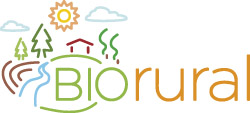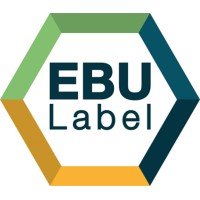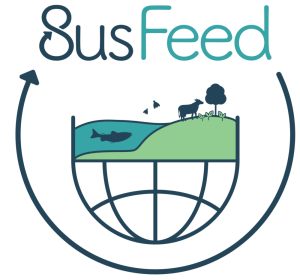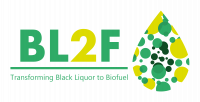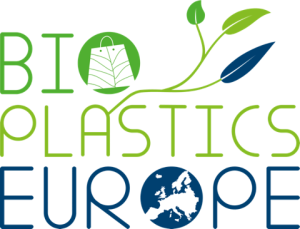CEE2ACT project
Project concluded

Empowering the Central and Eastern European Countries to Develop Bioeconomy Strategies and Action Plans
CEE2ACT will empower countries in Central Eastern Europe and beyond (Bulgaria, Croatia, Czech Republic, Greece, Hungary, Poland, Romania, Serbia, Slovakia and Slovenia) – CEE2ACT target countries – to develop circular bioeconomy strategies and action plans through knowledge transfer and innovative governance models enabling sustainability and resilience to achieve better informed decision-making processes, societal engagement and innovation, building on the practice of experienced countries serving as role models in this context (Austria, Germany, The Netherlands, Belgium, Spain, Finland, Sweden). Knowledge transfer and inspiration in creative formats that address the motivations, needs and knowledge gaps of each CEE2ACT target country will be realized through the CEE2ACT National Bioeconomy Hubs. A participatory, non-political, bottom-up approach will be applied throughout the project activities, tackling specific knowledge gaps and shortcomings of the top-down conventional approach, building closer interconnections between actors across public institutions, private sector, industry, energy, SMEs, feedstock providers ( waste, side streams, farmers, foresters, fishermen), academia and research, NGOs, CSOs in the target countries. To achieve this, a baseline assessment will be carried out (socio-economic and environmental aspects), stakeholder engagement activities will be implemented ensuring the proper involvement and active participation of all relevant stakeholders. Digital solutions for sustainable governance will be created, exchange of know-how and best practices on technology transfer, building the capacities of the stakeholders to develop bioeconomy strategies. The findings will be synthetized, in an analytical framework, which will result in National-level Roadmaps for the Bioeconomy Strategies in Targeted CEE2ACT countries, boosting societal engagement in the countries’ transition towards circular bioeconomy.
Contacts:
María Beatriz Rosell: Maria.beatriz.rosell@geonardo.com
website: WWW.CEE2ACT.EU




